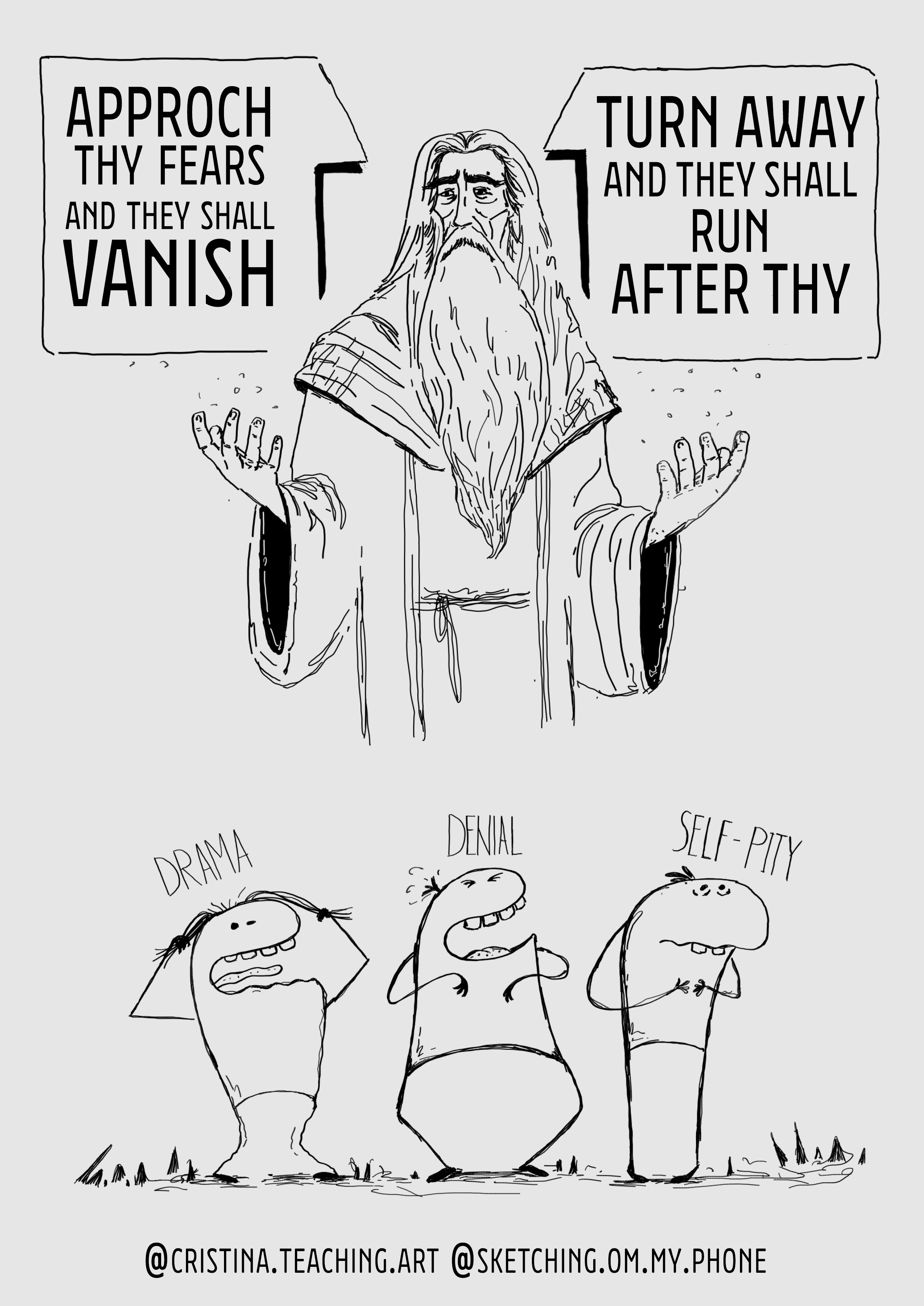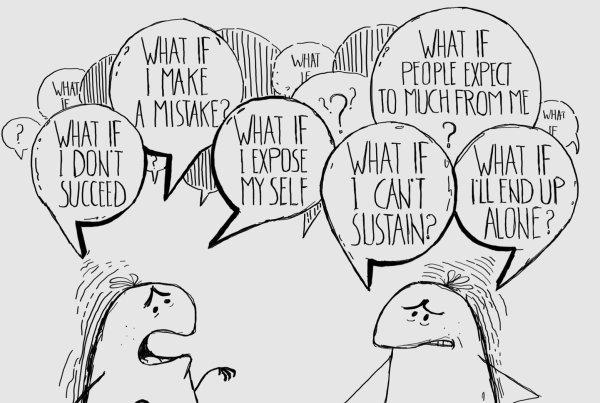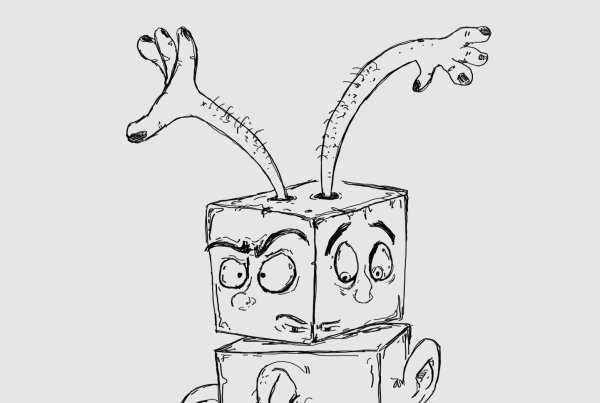The phrase “Approach your fears and they shall vanish, turn away and they shall run after you” it means, face your fears or run away, build a fearless heart or a fearful heart. In a larger context it emphasizes reason, mental and emotional self-control, and fortitude. It’s about facing challenges head-on rather than avoiding them, which can lead to personal growth and resilience.
Overcoming fear leads to personal liberation and the pursuit of one’s True Will. True Will can be seen as is the individual’s ultimate purpose or path in life, and fear prevents one from pursuing it.
Six basic fears that can paralyze individuals and prevent them from achieving their full potential.
- Fear of Poverty: The fear of lacking sufficient financial resources to meet one’s needs and desires.
- Fear of Criticism: The fear of being judged or ridiculed by others, which can prevent individuals from taking risks or pursuing their goals.
- Fear of Sickness: The fear of suffering from physical or mental illness, which can lead to anxiety and hypochondria.
- Fear of Loss of Love: The fear of losing the affection or companionship of a loved one, which can cause emotional distress and relationship issues.
- Fear of Old Age: The fear of aging and the associated decline in physical and mental capabilities, as well as the fear of becoming irrelevant or burdensome.
- Fear of Death: The fear of dying, which is often rooted in the unknown and the fear of what happens after death.
That fear that paralyzes you, is often an illusion created by the mind. It is based on misconceptions and false beliefs about the nature of reality.
Embracing the unknown and stepping outside of one’s comfort zone, one will gain a deeper understanding of oneself and the world around, one can dispel irrational fears and face challenges with confidence.
To overcome fear and anxiety there are practical techniques aimed at transforming the mind and spirit. Here are the key principles:
- Self-Awareness and Introspection:
It is crucial to develop deep self-awareness and introspection to identify and understand the root causes of fears and anxieties. This involves recognizing one’s emotional responses and patterns of thinking that contribute to these feelings. - Positive Affirmations:
The use of positive affirmations reprogram the subconscious mind. By repeating positive statements, individuals can replace negative thought patterns with empowering beliefs, thereby reducing fear and anxiety. - Meditation and Mindfulness:
Practicing meditation and mindfulness helps increase self-awareness and reduce stress. These practices encourage living in the present moment, which can soften fears related to the future or past experiences. - Self-Acceptance and Compassion:
Treating oneself with kindness and understanding can reduce the impact of fear and build resilience against future fears. - Intentionality and Purpose:
By setting clear intentions and aligning one’s actions with their higher purpose, individuals can overcome fears and anxieties that arise from uncertainty and lack of direction. - Spiritual Practices:
Prayer and connecting with a higher power, can provide comfort and strength. These practices help individuals feel supported and guided, reducing feelings of fear and anxiety.
By integrating these principles, you can work through your fears and anxieties, achieving personal growth and a sense of inner peace. The approach to fear is about understanding its nature, using knowledge and wellness practices to overcome it, and aligning yourself with a higher purpose to live fearlessly.
Remember: A fearless heart and a fearful heart represent two distinct approaches to life and its challenges.
A fearless heart is characterized by courage, resilience, and the ability to face fears head-on. Individuals with a fearless heart trust their intuition, embrace uncertainty, and are open to the unknown. They do not eliminate fear entirely but manage to navigate through it without being overwhelmed. This state allows them to live more fully and authentically, as they are not held back by anxiety or doubt.
On the other hand, a fearful heart is marked by anxiety, avoidance, and a constant state of worry. People with a fearful heart often let their fears dictate their actions and decisions, leading to a life filled with hesitation and missed opportunities. This mindset can create a cycle of stress and suffering, as they continually run from their fears rather than confronting them.
In essence, the difference between a fearless heart and a fearful heart lies in how one chooses to approach fear. A fearless heart embraces fear as a natural part of life and uses it as a catalyst for growth, while a fearful heart allows fear to control and limit one’s experiences.
POEM: EMBRACING THE UNKNOWN
In shadows deep, where fears reside,
Lies the path where truth abides.
Illusions cast by mind’s own hand,
Hold you captive, bind your stand.
Knowledge sought, self-awareness gained,
Fear’s illusion is disdained.
True Will calls, a guiding light,
Leading through the darkest night.
Magic woven, rituals cast,
Fears dissolve, shadows past.
Empowered Soul, with courage bold,
Breaks the chains that were once controlled.
Embrace the unknown, step with grace,
Into realms where fears erase.
Visualize, affirm with might,
Transform your Soul, ignite the light.
Mindfulness, a steady flame,
Present moment, no blame.
Spiritual ties, a higher call,
Guide you through, support you all.
Live your Will, without a care,
Fearless heart, beyond compare.
In this journey, find your peace,
Embrace the unknown, release.




